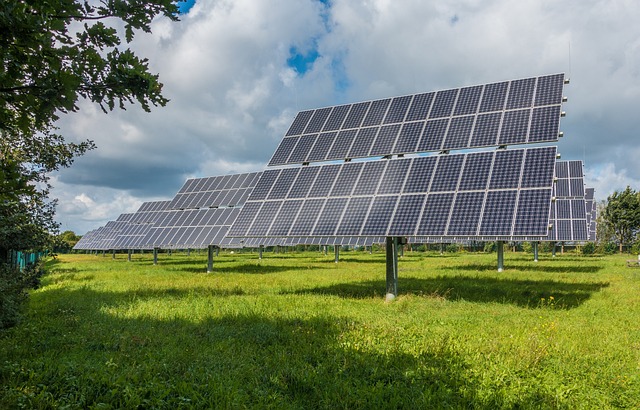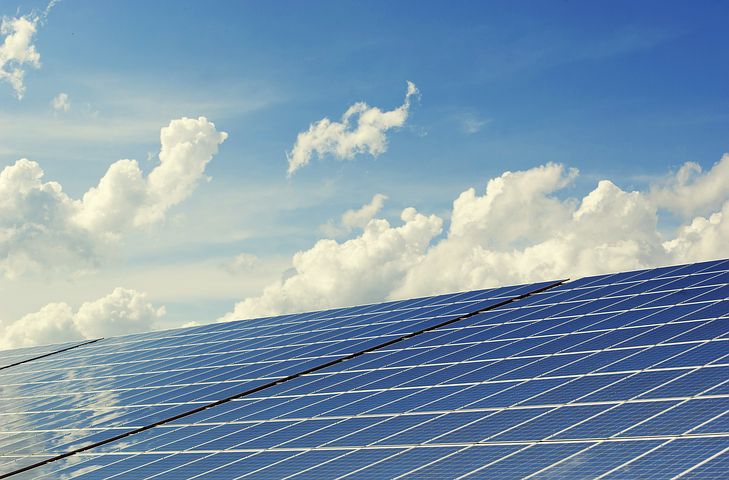
 In general, circuit breakers are cheap and reliable. They cost around 1 to 8 pounds depending on the type and number of circuit breakers you wish to buy. However, if you are trying to cut costs, you might consider buying second hand options or surplus circuit breakers. There are several stores offering this type of circuit breaker. Before you decide to buy one, you need to take note of a few important reminders.
In general, circuit breakers are cheap and reliable. They cost around 1 to 8 pounds depending on the type and number of circuit breakers you wish to buy. However, if you are trying to cut costs, you might consider buying second hand options or surplus circuit breakers. There are several stores offering this type of circuit breaker. Before you decide to buy one, you need to take note of a few important reminders.
Find out if the item has been tested
Checking the circuit breakers for quality and safety should be a priority. Whether you are buying a new or used circuit breaker, it should be checked. For used circuit breakers, another set of tests has to be conducted to ensure that they are still fully functional. Older circuit breakers that have been used for a long time may seem fine at first, but the contacts inside might have become corroded. As a result, it may not function the way it is supposed to.
Expert electricians recommend always using brand new circuit breakers instead. They are not that pricey in the first place, so there is really no reason to choose used breakers. However, surplus circuit breakers that have never been used and are still fully functional could still be a good choice.
Surplus circuit breakers
Companies sell surplus circuit breakers when they have already sold the required number of units in a given time. The remaining circuit breakers will then be sold at a much lower price. It is also possible for some companies to sell their extra circuit breakers if they have already earned enough. You can buy them through dealers who have refurbished and retested the products. Online auctions are also an option if you can’t find surplus stores locally.
If you intend to purchase surplus circuit breakers, check if the item is original, and if it has been used. If yes, find out for how long and when it was last used. Most of all, you should check the refund policy. Since you are buying an item which you might not be 100% sure about, knowing that you can get your money back if it doesn’t function properly should be easy.
There is nothing wrong in investing in cheaper circuit breakers, but it is highly recommended to buy only from reliable sources. Just make sure that you buy breakers that fit your needs and have been deemed totally safe for use. If you want a miniature circuit breaker there are a lot of reliable stores online selling them at affordable prices. Once your order has arrived, you can ask an electrician to come over and have it installed.
Image: Pixabay.com



